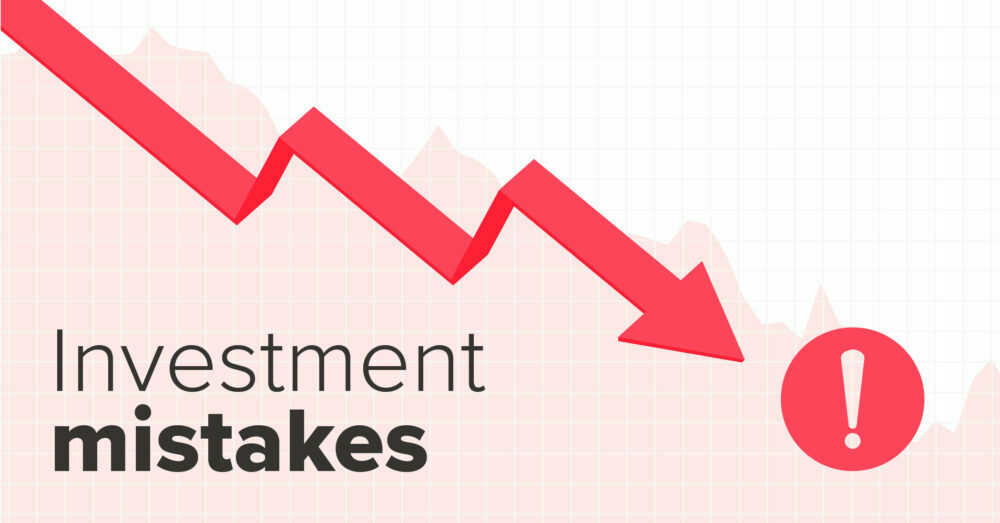Dear Zimbos,
Money and relationships rarely mix well. One of the hardest lessons many Zimbabweans have learned is that lending money often damages more than it helps. At face value, lending seems simple: someone close to you is in need, you assist, and later they return the money. But in reality, lending to friends and family frequently ends in broken trust, strained relationships, and deep resentment.
Lending Is Often Giving in Disguise
In most cases, when someone says “lend me money,” what they really mean is “give me money.” Few people approach borrowing with the same seriousness they would if they were dealing with a bank. Relatives and friends tend to assume that because of your closeness, repayment can be delayed—or skipped entirely. If you lend with the expectation of punctual repayment, you are often setting yourself up for disappointment.
Why Lending Can Ruin Relationships
When the person fails to repay, the damage goes beyond the financial loss. You start to feel taken advantage of, bitterness grows, and communication breaks down. They begin to avoid you out of guilt or embarrassment. In some cases, the friendship ends completely. What was meant as an act of support ends as a permanent wall between two people.
This is why many wise people adopt a rule: never lend money unless you are fully prepared to lose it without affecting your life or peace of mind. If you can part with it and still remain friends regardless of repayment, then give it freely. If losing it will cause you stress, destroy trust, or shake your budget, then the answer must be “no.”
The Cost of Lending Beyond Your Means
Too often, people lend from funds reserved for essentials—school fees, rent, or medical bills. When repayment does not come, they are left stranded. The person who borrowed money may move on, but you remain behind dealing with the consequences. Worse still, you may be pushed into debt yourself because you tried to help another. That is not generosity; it is self-destruction.
Why Saying “No” Protects You
There is power in the word NO. Many people fear refusing because they do not want to appear selfish. But protecting your financial stability is not selfish—it is wise. Refusing to lend what you cannot afford to lose actually preserves your relationships, because resentment does not enter the equation later. Strangely, people rarely hate you for saying no. But they almost always resent you for asking them to repay.
In fact, demanding repayment often flips the script. Suddenly, you become the “bad person” for following up, while the borrower paints themselves as the victim. Calls go unanswered. You are avoided in public. In extreme cases, your name is dragged through the mud simply for wanting what you are owed.
Healthy Alternatives to Lending
Instead of casually lending, consider healthier alternatives:
1. Give what you can afford to lose. If someone’s need touches your heart, give a smaller amount you are comfortable parting with. That way, whether they repay or not, you are at peace.
2. Offer non-financial help. Sometimes people need advice, connections, or assistance finding work more than they need cash. Supporting them in this way avoids financial entanglements.
3. Encourage responsibility. Direct them toward saving schemes, microfinance institutions, or income-generating projects rather than being their emergency banker.
4. Teach boundaries. Be honest that your resources are limited and must first serve your responsibilities.
The Mindset Shift
True financial wisdom comes when you stop seeing yourself as a rescuer with endless resources. You must recognise that your first duty is to protect your financial stability. Once your foundation is strong, you can give generously from surplus. But when you give recklessly from what you need for survival, everyone suffers.
This mindset shift also liberates you emotionally. You no longer tie your peace of mind to whether someone repays you. You help within your means, you say no when necessary, and you preserve both your finances and your relationships.
The Challenge to You
The next time someone asks you for a loan, pause. Ask yourself: If they never repay, will I still be at peace? Will our relationship survive? Will my financial responsibilities remain intact? If the answer is no, then the decision is clear. Refuse politely but firmly. Your “no” may sting in the moment, but it will save far more pain in the long run.
Protect yourself. Protect your relationships. And above all, protect your financial future.
With respect for your discipline,
ZimLedger Admin
ZimLedger
ZimLedger is the all in one business and finance platform for Zimbabwe. It generates quotes, invoices, payslips and financial statements, manages business ledgers, tracks income and expenses, and builds shopping lists. ZimLedger offers a simple yet powerful solution tailored to local needs. Whether you are budgeting in ZiG or USD, managing business accounts, converting Ecocash statements, or tracking household expenses, ZimLedger empowers you to stay organised, make informed financial decisions, and grow your wealth—right from your phone or computer.








